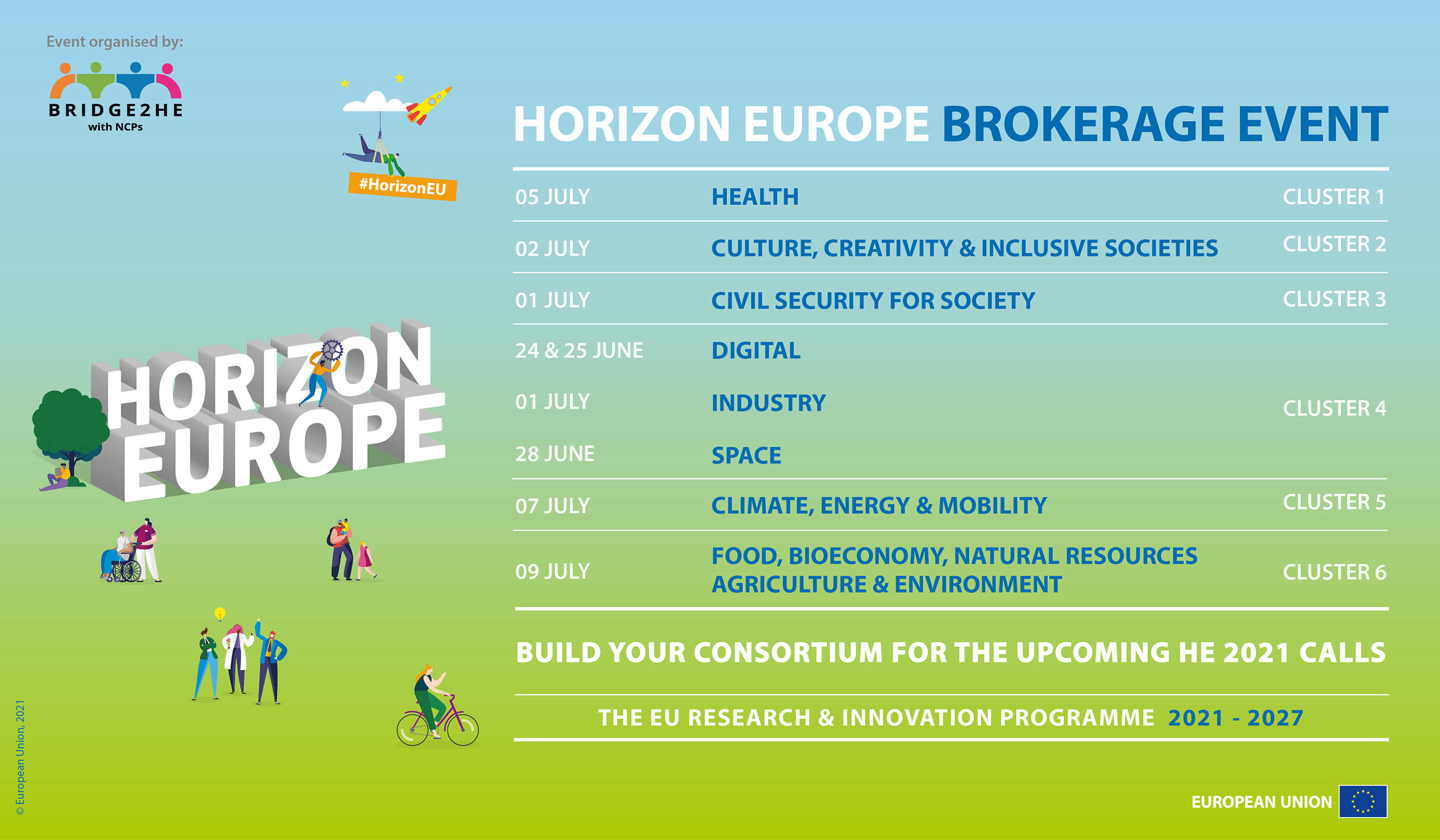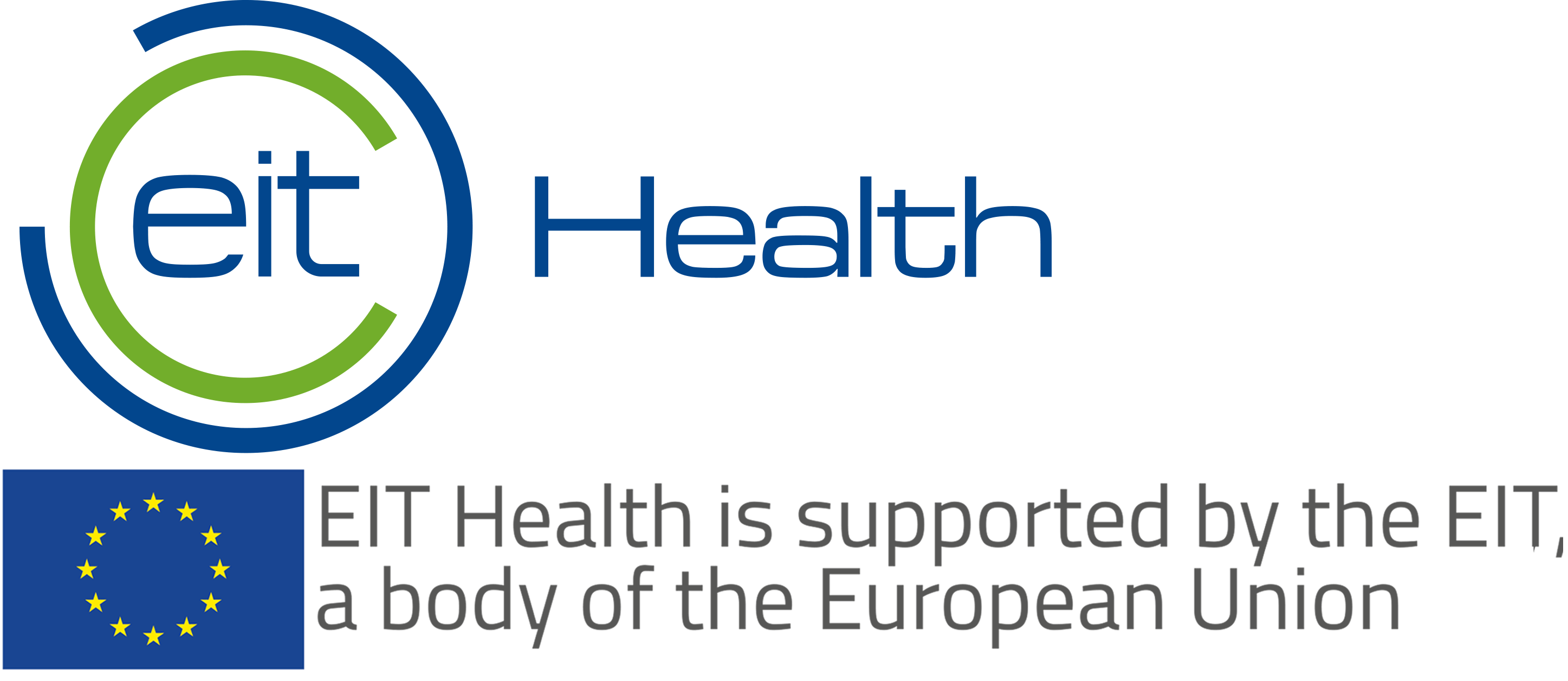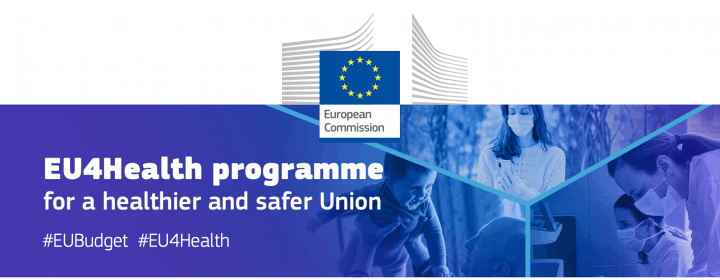
Caros colegas,
Neste último número antes das desejadas férias, gostaríamos de partilhar algumas interrogações relativas ao futuro da investigação biomédica que carecem ainda de uma resposta concreta, tópicos que podem merecer uma leitura e reflexão neste período particularmente propício a leituras alternativas e inspiradoras. Esta pandemia trouxe à tona diversas realidades que para nós - colaboradores de uma Faculdade de Medicina - eram dados substancialmente bem adquiridos, mas que uma boa franja da população não conhecia ou tendia a ser descrente. Uma das mais relevantes foi a convicção de que a investigação biomédica (seja ela eminentemente fundamental ou de natureza clínica) é essencial para ajudar a resolver os grandes desafios da saúde das populações. Foi assim com as descobertas da vacina contra a varíola e da penicilina e também com a sequenciação completa do genoma humano, três exemplos maiores entre tantos outros que têm contribuído para prevenir, diagnosticar e tratar inúmeras doenças. Voltou a ser assim com o desenvolvimento, em tempo record, de vacinas contra a Covid-19. A investigação fundamental, em curso há muitos anos, sobre novas abordagens biotecnológicas para vacinas (nomeadamente o uso de mRNA), alheada a uma grande disponibilidade financeira, a uma eficiente fase de investigação clínica e à célere avaliação dos resultados dos ensaios pelas entidades regulatórias, foram determinantes para a abertura de uma luz de esperança no regresso, mais cedo do que tarde, a uma vida mais próxima daquela que conhecemos antes desta pandemia. Sabemos que a investigação fez a diferença, sem que fosse abdicada qualquer fase crucial do processo e comprometida a segurança das populações. Contudo, sobram-nos agora razões para questionar o impacto destes tempos marcantes no futuro da investigação em saúde. Poderemos continuar a contar com o apoio da sociedade para um investimento robusto na investigação biomédica? Devemos esperar uma resposta igualmente célere das agências de regulação da introdução de medicamentos no mercado quando estiverem em causa opções para tratamento de outras doenças igualmente importantes ainda que não pandémicas? Voltaremos a ter processos de revisão por pares com o mesmo critério do passado pré-Covid? Continuaremos a ter acesso a informação científica de forma tão abrangente como tivemos nesta fase? Poderemos exigir agora uma forma de avaliação diferente da qualidade da investigação que produzimos, que vá bem além das redutoras métricas atuais e possa incluir medidas de impacto efetivo na sociedade? Gostaríamos de desafiar os colaboradores da FMUC a refletir sobre estes tópicos que têm despertado o interesse da comunidade médico-científica.
Votos de umas férias revigorantes, com Saúde para todos!
Be FMUC!
Flávio Reis
Coordenador do GGI
Breves

Projetos submetidos com o apoio do GGI
No passado mês de junho, o GGI apoiou
a submissão dos seguintes projetos:
O impacto do tecido adiposo da medula óssea na fisiopatologia, prognóstico e terapêutica do mieloma múltiplo
submetido à Bolsa D. Manuel de Mello, tendo como coordenadora a Investigadora da FMUC Adriana Roque.
The ANswer within the microenvironment: Malignant pleural mesothelioma resistance to Old and New drugs – ANEMONE
submetido à Call Transcan-3. Este Projeto é liderado pela Universidade de Padova em Itália e conta como parceiros a Universidade Médica de Graz na Aústria, a Universidade de Riga Stradins na Letónia, o Hospital Universitário de Pisa em Itália e a Universidade de Coimbra onde é coordenado pela docente da FMUC Lina Carvalho.
Intelligent Long Term Sequential Drug Releasing Breast Implant to Avoid Tumor Recurrence – IMPLAN2HEAL
submetido à Call Transcan-3. Este Projeto é liderado pela Universidade de Hacettepe da Turquia, fazendo ainda parte do consórcio o Instituto de Polímeros da Academia das Ciências na Eslováquia, a Universidade de Florença em Itália, a Universidade Técnica de Munique na Alemanha, o Centro Hospitalar e Universitário de Coimbra e a Universidade de Coimbra.

Nos passados dias 5 e 9 de julho o GGI participou em eventos organizados pela Comissão Europeia no âmbito do Cluster 1 (Saúde) e do Cluster 6 (Alimentação, Bioeconomia, Recursos Naturais, Agricultura e Ambiente) do programa de financiamento Horizonte Europa. Estes Brokerage Events têm como objetivo a realização de contactos e reuniões com parceiros de toda a Europa com vista ao estabelecimento de colaborações para futuros projetos internacionais. Participaram também vários docentes e investigadores da FMUC que contaram com o apoio do GGI.

Divulgados os resultados finais
da Call do EIT Health para o BP 2022
Foram divulgados no passado dia 19 de julho os resultados finais da avaliação efetuada aos projetos submetidos em março à Call do EIT Health para o Business Plan (BP) 2022. Foram aprovados 3 projetos em que a FMUC participa, sendo líder de um deles:
• EIT Health Ageing PhD School, liderado pela Universidade de Coimbra, com a coordenação do Investigador da FMUC João Malva;
• Training Robot for Ultrassound – TrainR4U, liderado pelo Instituto Pedro Nunes, no qual a FMUC participa através do Docente Filipe Caseiro Alves;
• SmashMedicine: Phase III – Community Driven Learning, liderado pela University of Oxford, no qual a FMUC participa através do Docente Carlos Robalo Cordeiro.

União Europeia lança programa
de financiamento EU4Health
As primeiras Calls do programa de financiamento da União Europeia EU4Health abriram a 29 de julho e têm como data-limite para apresentação de candidaturas o dia 15 de setembro de 2021. Este programa de financiamento para a saúde tem um orçamento de 5.3B€ para os 7 anos do programa, dos quais 311M€ para 2021. No dia 13 de julho decorreu uma sessão de informação sobre o programa de trabalhos para 2021.
OPORTUNIDADES DE FINANCIAMENTO FUNDING OPPORTUNITIES
The Foundation's Genetics Grants seek to accelerate the rate of progress in genetics research by supporting novel approaches and contrarian research, particularly research that is undervalued by traditional funding sources. Projects can take the form of basic or translational research, or can be educational programmes to increase worldwide public awareness of how genetics-related research and its applications can advance human development at individual and society levels.
Further information available at:
https://www.templeton.org/funding-areas/genetics
The prize is awarded to recognize an individual(s) exhibiting excellence and leadership in PKD clinical or basic research and whose seminal scientific work constitutes tangible achievement toward improving knowledge and treatment of PKD. Nominators should be members of the ISN and must include their ISN membership number when submitting a nomination. Nominations for the 2022 award, including details of the nominator and nominee, full CV and bibliography of the nominee and a supporting statement describing their work, and at least two letters of support. The prize is $50 000.
Further information available at:
https://www.theisn.org/about-isn/awards/nomination-criteria/#kaplan
The International Society for Pediatric and Adolescent Diabetes (ISPAD) is a professional organization, based in Germany, focused on the promotion of clinical and basic science, research, education and advocacy in childhood and adolescent diabetes. Funded in partnership with the Juvenile Diabetes Research Foundation (JDRF), the ISPAD-JDRF Fellowship supports early-career members of the ISPAD undertaking diabetes-related research in support of a research career. Projects must be based at a host institution and have the support of an identified supervisor. The fellowship is US$25,000 to cover research expenses. There are four awards available in 2021.
Further information available at:
https://www.ispad.org/page/ISPADFellowships
The Grants of 40,000€ - 450,000€ per year for up to 3 years are available in the areas as further specified below:
- Drug Discovery - 3 grants comprising 350,000 €/year for 3 years with the option of extension;
- Real time testing and sensors - grant comprising between 100,000 - 500,000 $/year for 2 years with the option of extension;
- Nanoparticle for nucleic acid delivery - grant comprising between 100,000 - 300,000 $/year for 2 years with the option of extension;
- Digital Innovation - 3 grants comprising 40,000 - 100,000 € for 1 year with the option of extension;
- Bioelectronics - grant comprising 150,000 €/year for 3 years;
- Sustainability - grant/s to be negotiated on a case by case basis;
- Media recycling for cultured meat - grant/s to be negotiated on a case by case basis;
- Organoids - grant/s to be negotiated on a case by case basis.
The Merck research grants program is open to scientists in all career stages who are affiliated with any research-based institution, university or company.
Further information available at:
https://www.merckgroup.com/en/research/open-innovation/2021-research-grants.html
The ITI Research Grant programme supports preclinical and clinical research in implant dentistry and related fields. Two types of grant are available:
- Small Grant (SG): this grant is primarily intended for research proposals submitted by newer investigators who have been working within established groups and wish to expand their scope and level of responsibility or want to establish a track record in implant dentistry. This may be by pursuing their own research interests or by building up their own research group.
- Large Grant (LG): this grant type will be awarded only to experienced researchers or research groups that have established a reputation for credibility and thoroughness in the field as demonstrated by a continuous publication record in internationally recognised, peer-reviewed journals.
The priority research areas for 2021-2023 are:
- Best practice treatment protocols and workflows;
- Innovative regenerative strategies/Personalised medicine;
- Peri-implant health and disease;
- Big data and PROMs in implant dentistry.
The maximum grant is CHF 50,000 (Small Grant) or CHF 200,000 (Large Grant).
Further information available at:
https://www.iti.org/research/research-grants
The ARVO Dr. David L. Epstein Award was established in 2016 and is presented annually to support promising clinician-scientists conducting scientific research focused on finding the causes and new treatments for glaucoma. The award will fund a research project that supports the applicant’s mentee in the applicant’s lab. Eligible applicants are ARVO members who are well-established, senior-level investigators with a documented history of conducting eye and vision research in glaucoma and who have a record of successfully mentoring clinician-scientists to independent academic and research careers. There are no geographic (international or domestic) and no age restrictions. The award has a value of $100,000.
Further information available at:
https://www.arvo.org/awards-grants-and-fellowships/research-awards/dr.-david-l.-epstein-award/
The ARVO Mallinckrodt Uveitis Research Fellowship programme was established in 2019 and annually presents one research award to support a well-conceived research project focused on an aspect of uveitis or other inflammatory condition of the eye, including the understanding of the role and interplay of infections and intraocular inflammation. Eligible applicants are newly established investigators (holding an MD, PhD, DVM, DO, OD or equivalent degree), who are age 45 or younger at the application deadline. The applicant must be appropriately trained to lead an independent research study and have evidence of capacity to do research including infrastructure and institutional support. The applicant must be working in a non-profit or academic research center. There are no geographic or citizenship restrictions, but the applicant must be an ARVO member. The research fellowship has a value of $45,000. The duration is one year.
Further information available at:
https://www.arvo.org/awards-grants-and-fellowships/research-awards/mallinckrodt-uveitis-research-fellowship/
The ARVO Pfizer Ophthalmics Carl Camras Translational Research Awards programme was established in 2010 and annually presents up to three awards for young investigators working in areas of translational glaucoma research. The programme is supported by Pfizer Ophthalmics.
Eligible nominees will have exhibited excellence in research and their fundamental scientific discoveries, concepts and novel technologies. Their discovery or observation must have led to, or have the promise of leading to, clinical application. Eligible applicants are young researchers who are 45 years of age or less at the time of nomination. Neither nominees nor nominators are required to be ARVO members. ARVO Foundation and ARVO Officers, Board members and Awards Committee members are not eligible to nominate or be nominated for an award during their terms, or to offer seconding letters of support.
Nominators and seconders may only support one nomination and should not be from the same institution as the nominee. Each award has a value of $12,000.
Further information available at:
https://www.arvo.org/awards-grants-and-fellowships/research-awards/pfizer-ophthalmics-carl-camras-translational-research-awards2/
The aim of the requests for proposals is to support projects that focus on improving the care of patients by addressing knowledge gaps in following areas:
i) Atrial Fibrillation (AF):
- Updates on anticoagulation guidelines/guidance;
- Anticoagulation in special populations (i.e. elderly/fragile, obese, renal, comorbidities and/or polypharmacy);
- Anticoagulation and cardiac peripheral procedures (ie bioprosthetic valves, ablation, cardioversion);
- Increasing and scale-up AF diagnosis and its impact in morbidity and mortality.
ii) Venous Thromboembolism (VTE):
- VTE and length of anticoagulation treatment;
- VTE bleeding and thrombosis risk assessment through patient characteristic (age, comorbidities, etc);
- New data on cancer associated (Ca-VTE) thrombosis management;
- Updates on anticoagulation guidelines/guidance.
Eligible applicants are medical, nursing, allied health, and/or pharmacy professional schools, healthcare institutions (both large and small), professional associations and medical societies, medical education companies, and other entities with a mission related to healthcare professional education and/or healthcare improvement. For projects offering continuing education credit, the requesting organization must be accredited.
The typical grant maximum under this requests for proposals will be up to $150,000.
Further information available at:
https://cdn.pfizer.com/pfizercom/2021-04/Education%20AFib%20VTE_Final.pdf?VersionId=b0s3ZwKwh5vPNJNSFo6leKTsVqe0fWj8
The purpose of the Peter Joseph Pappas Research Grant Program is to accelerate research that will ultimately eliminate delivery of pre-term babies as the primary intervention for severe preeclampsia, HELLP syndrome, and related hypertensive disorders of pregnancy by 2050. Intermediate goals toward this end could be realized by proposals that include, but are not limited to, mechanisms for improved diagnosis or prediction and therapeutic interventions to halt, reverse, or prevent the placental and organ dysfunction associated with the condition. Preference will be given to proposals that use or build upon data available through the Registry (self-reported, whole exome sequencing, and clinical data), or that will contribute additional in silico data or biological materials that can be added as patient-specific (identified) information to the Preeclampsia Registry’s repository. Eligible applicants are Principal Investigator(s) (PIs) associated with accredited universities or bona fide research centres anywhere in the world. Individual grant proposals should be in the range of $50,000 to $100,000, but applications above that range will be considered with substantial justification.
Further information available at:
https://www.preeclampsia.org/research-funding
The Global Team Science Award funding mechanism supports interdisciplinary, collaborative, and highly synergistic projects that push the boundaries of innovation and bridge research and clinical efforts in lupus. The focus is on unravelling human systemic lupus erythematosus (SLE) heterogeneity by applying cutting-edge technologies to address critical questions that could bring about breakthroughs in lupus care, research or drug development. The team should address a single overall question/challenge by employing the complementary skills and contributions of the Co-PIs and realizing the synergies within this exclusive collaborative environment. Applicants must hold an MD, PhD, DVM or equivalent academic degree and hold a faculty position or equivalent at a college, university, medical school, or comparable institution. A corresponding principal investigator may submit only one application in a grant cycle and may not participate on any other Global Team Science Award. However, other Co-PIs may do so as long as the projects they are involved with are non-overlapping and a compelling justification for the multiple participation has been provided. It is anticipated that up to six planning grants and then up to three Global Team Science Awards will be awarded. After approval of the Letter of Intent, a 4-month planning grant of up to $10,000 is provided to be used for the sole purpose of developing a well-coordinated and synergistic application. The Global Team Science Award will be supported for up to $1 million per year for up to three years.
Further information available at:
https://www.lupusresearch.org/research-and-clinical-trials/research/funding-opportunities/
The funding is intended, strictly, for the mobility of researchers participating in the projects: travel costs and stay of Portuguese researchers in Germany (project budget: 2000€/year). The non-inclusion of young researchers in the Portuguese team is eliminatory see definitions in the FAQ's. It is mandatory to present the work plan of the young researchers. Priority will be given to new projects / new teams and to teams that have not had funding in the last competitions. The two implementing bodies of this Agreement will carry out the respective evaluation and selection of the projects to be financed. Applications that are not submitted simultaneously to the executing agencies of the two countries will not be considered. Applications must be prepared jointly by the researchers in charge of the two countries and submitted to the implementing bodies of the Agreement. Thus, the Portuguese team must send their application to FCT and the foreign team to the body of their country.
Further information available at:
https://www.fct.pt/apoios/cooptrans/daad/index.phtml.en
The Santa Casa Neurociências Award, with two distinct prizes of 200,000€ each, represent an annual investment of 400,000€ to promote scientific or clinic research in the multidisciplinary fields of biosciences namely, neurology, neuropathology, biochemistry, molecular biology, genetics, chemistry, pharmacology, immunology among others. The Melo e Castro Award will distinguish the best project in the field of spinal cord injury recovery and treatment. The Mantero Belard Award aims to dynamize scientific or clinic research in the field of Neurodegenerative disorders associated with aging, like Parkinson Disease and Alzheimer Disease. Projects must be developed in National territory although international collaborations are accepted.
Further information available at:
https://www.scml.pt/premios-e-investigacao/neurociencias/
The L'Oréal Portugal Honor Medals for Women in Science intend to carry out advanced studies of scientific research, at the post-doctoral level, in universities or other Portuguese institutions of recognized merit, in the domain of Sciences, Engineering and Technologies for Health or for the Environment.
All applicants who have obtained a doctoral degree less than 5 years before the date of the opening of the call and who do not complete, by the end of the current year, over 35 years of age can apply. The unit value of the Medals of Honor is 15,000€ awarded in a single instalment.
Further information available at:
https://www.fct.pt/apoios/premios/loreal/index.phtml.en
The Best Practice Award on Active and Healthy Ageing in the Center Region is an initiative of CCDRC, in close collaboration with the Ageing@Coimbra consortium, which is now in its 4th edition. With this initiative, it is intended to enhance the dissemination and recognition of projects and practices that promote active and healthy aging existing in the Center Region, under 3 thematic areas: Knowledge +, Health + and Life +. In addition to the public recognition of the finalists, a prize and an award will be given to the winning initiatives in each category.
Further information available at:
http://envelhecimentoaocentro.ccdrc.pt/
This call aims to support Proof of Concept Projects, in all scientific domains, enhancing the knowledge already produced in previous research projects financed and terminated by the following funding programs: PT2020; H2020 and FCT (admissibility condition). We strongly suggest the reading and analysis of the call document. At the time of closure of this Newsletter, the call document was not yet republished by the Responsible Authority.
Further information available at:
http://www.centro.portugal2020.pt/index.php/avisos-de-concursos
This award, under the topic “MD-Patient Relationship: personalized medicine and/or narrative medicine?”, aims to distinguish the best published article, regardless publication year, performed by a researcher under 35 years old. The award sums up to €10.000.
Further information available at:
https://www.fct.pt/apoios/premios/joaomonjardino/2021/index.phtml.en
The Consolidate Call supports mature innovative projects (TRL4 or higher) with solid IP and commercialisation strategies to achieve investment-ready stages and bring them closer to the market. Projects must be related to the areas of Life, Medical and Health Sciences. Projects must be mature in their Technology Readiness Level (at least TRL4), having performed significant valorisation activities and a defined Commercialisation Strategy. Projects may have proven experience in other Acceleration Programmes. Financial support consists of a grant of up to €300,000 for 24 months.
Further information available at:
https://fundacionlacaixa.org/en/consolidate-call-programme-description?utm_source=newsletter&utm_medium=email&utm_campaign=4799_CXI_Email&utm_content=EN&utm_term=Ciencias-e-investigacion&crm_i=CIEINV_1_GEN
The ADDF provides funding to academic centers and biotechs from around the world that are advancing therapeutic and biomarker development for Alzheimer's and related dementias. We have dedicated our funding to several key areas:
- Translational research to develop new drugs and build preclinical evidence;
- IND-enabling studies and early-stage clinical trials for novel and repurposed drugs;
- Development and validation of plasma, CSF, neuroimaging and digital biomarkers;
- Epidemiological studies and comparative effectiveness research.
Four Core Research Funding Programs:
- Drug Development;
- Program to Accelerate Clinical Trials (PACT);
- Neuroimaging and CSF Biomarker Development;
- Prevention Pipeline.
Further information available at:
https://www.alzdiscovery.org/research-and-grants/funding-opportunities
Fundación MAPFRE is seeking to promote research projects in two areas of action, health promotion and insurance and social protection.
Research projects related to health promotion have a maximum allocation of 30,000 euros per grant and must deal with the following themes:
- Strategies for habit change: prevention of obesity and the promotion of physical activity;
- Patient education;
- Physical injury assessment: assessment of the consequences of an event (traumatic or accidental, medical negligence, aggression or illness) on the person’s health and its impact on the essential activities of ordinary life and other specific activities of personal development (moral damage, loss of quality of life);
- Health management: clinical quality and safety;
- Longevity and quality of life.
Further information available at:
https://www.fundacionmapfre.org/en/awards-aids/ignacio-larramendi-research-grants/
COST brings together European researchers and innovators from different COST countries to jointly develop their own ideas and new initiatives across all science and technology fields through transEuropean cooperation. COST does NOT fund research itself, but supports networking via different tools such as meetings, short term scientific missions, training schools and dissemination activities part of COST Actions. COST invites proposals for Actions aiming at contributing to the scientific, technological, economic, cultural or societal knowledge advancement and development of Europe to close the gap between science, policy makers and society throughout Europe and beyond. In order to achieve its mission, COST has identified three strategic priorities: promoting and spreading excellence, fostering interdisciplinary research for breakthrough science and empowering and retaining young researchers and innovators.
Further information available at:
https://www.cost.eu/funding/how-to-get-funding/open-call-a-simple-one-step-application-process/
The Francisco Manuel dos Santos Foundation (FFMS) was created with the statutory mission of promoting and deepening knowledge about the Portuguese reality. To achieve this goal, a study programme was created. For the next 3 years the areas of knowledge to be included in these studies are: Digital; Security; Climate Change; Crisis and opportunities. FFMS does not set a limit on funding for your studies. The Foundation's Governing Bodies analyze the applications submitted as a whole and decide, on a case-by-case basis, whether the requested budget is in line with the objectives of a given project.
Further information available at:
https://www.ffms.pt/destaques/detalhe/5355/programa-de-estudos